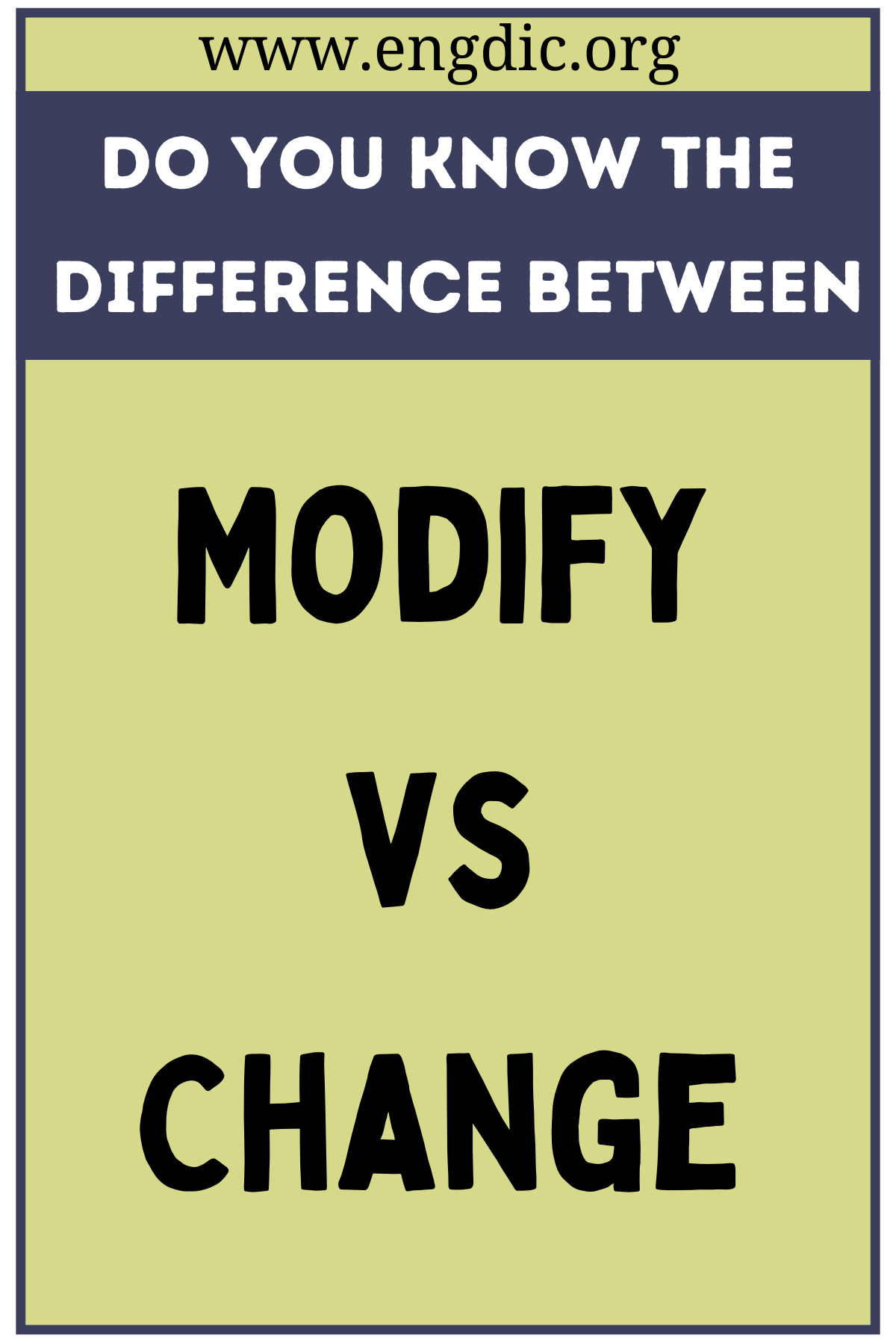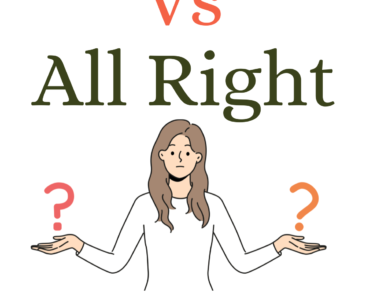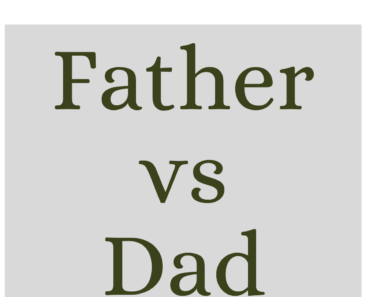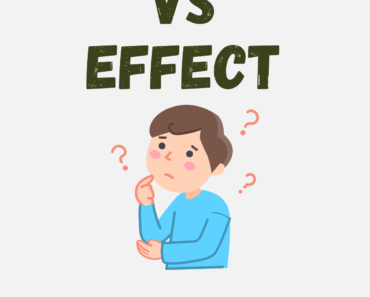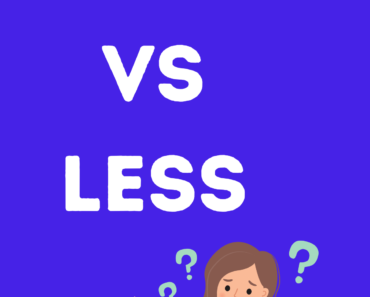Modify implies altering something slightly, often for a specific purpose or improvement, keeping the core intact. For example, “modifying a recipe to include healthier ingredients” indicates adjusting while retaining the essence. In contrast,
Change suggests a broader transformation, implying a significant or complete difference from the original. For example, “changing a job” indicates a more substantial shift from one position to another. Both words involve alteration, but modify emphasizes adjustments, while change denotes substantial transformation.
Definition and Usage of “Modify”
Definition: “Modify” means to make small or partial changes to something, usually to improve it or make it more suitable.
Usage and Examples:
- Minor Adjustments: Often used when making slight changes.
- Example: “The designer modified the dress by adding lace trim.”
- Tailoring for Specific Needs: Modifying to cater to specific requirements or constraints.
- Example: “She modified the software to run faster on older hardware.”
- Scientific Adjustments: Frequently used in scientific contexts for controlled changes.
- Example: “They modified the experiment parameters for more accurate results.”
Definition and Usage of “Change”
Definition: “Change” means to make or become different, indicating a more significant transformation or complete replacement.
Usage and Examples:
- Substantial Transformation: Applied when a significant shift or transformation is involved.
- Example: “The city has changed a lot over the past decade.”
- Replacing One Thing with Another: Implies substitution of one thing with another.
- Example: “He changed his phone number after moving to a new city.”
- Behavioral or Situational Shift: Used to describe alterations in behavior, mood, or conditions.
- Example: “The child’s attitude changed after the family vacation.”
Both words involve alterations, but the depth and impact of the modifications distinguish them.
